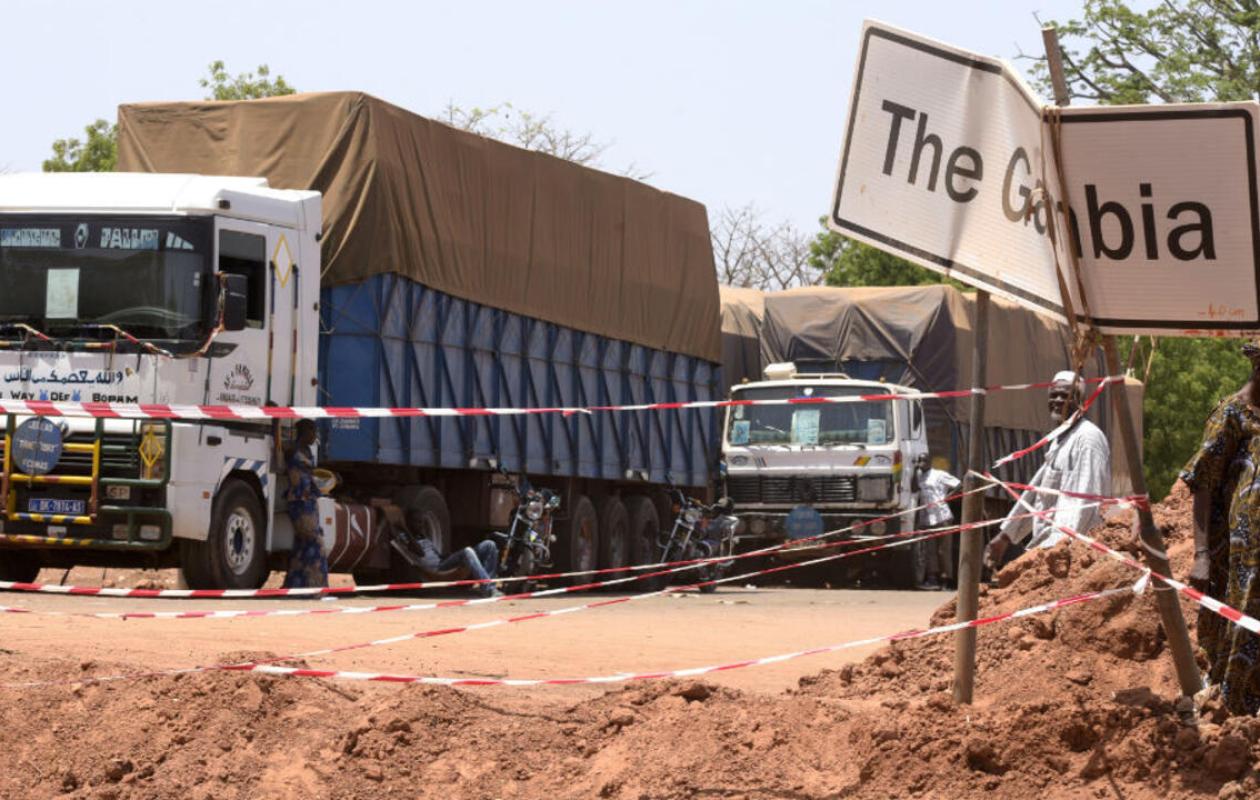
Contre les tracasseries douanières et policières : La Gambie suspend ses activités économiques dans le département de Médina Yoro Foulah
The department of Medina Yoro Foulah, in the north of the Kolda region, shares a border with The Gambia. The town's weekly market, one of the busiest in Fouladou, resembled a ghost town this Sunday: empty aisles, deserted stalls, traders sitting in front of their wares… The atmosphere was gloomy and unusual. The reason? Gambian business owners are denouncing alleged harassment at the Senegalese-Gambian border, which they say is hindering their activities. In response, they have suspended their commercial operations until further notice, not only in Medina Yoro Foulah, but also in all the markets of the department.
This "strike" is all the more keenly felt as the region is already experiencing a decline in purchasing power and market attendance. The suspension of trade exacerbates an already fragile economic situation and plunges local businesses into uncertainty.
The consequences are immediate: people now have to transport their agricultural produce, particularly peanuts, to Gambia to find a market. This is a costly undertaking, especially since no collection points—the so-called "seccos"—are yet operational in the area. At the same time, the prices of basic foodstuffs continue to rise, putting further strain on households.
“Such a situation has never occurred in the trade of this border region,” testifies a wholesaler contacted by telephone. “If this crisis continues, it will affect the entire chain: retailers will order less, wholesalers will accumulate unsold goods, and transporters will increase the number of routes that are only half profitable. Not to mention the small family businesses that are already threatened,” he adds.
In a region where the informal sector constitutes a vital part of the local economy, this sudden drop in activity represents a major risk for thousands of families. Local stakeholders are therefore calling on the authorities to intervene quickly to restore the flow of trade and revitalize the cross-border economy. This situation plunges Medina Yoro Foulah into the precariousness it has long experienced since independence.
Commentaires (4)
Les bonnes récoltes les subventions sur l'arachide et langrais on ne doit pas laisser les commerçants vendre hors du territoire.
Les gambiens vont subir plus ils ne vivent que des loumas .
Il y a vraiment un manque d’infrastructures.
Même si on mettait 100 milliards ce serait insuffisant. Le projet de nouveau pont de Ziguinchor seul pourrait engloutir cette somme
Participer à la Discussion
Règles de la communauté :
💡 Astuce : Utilisez des emojis depuis votre téléphone ou le module emoji ci-dessous. Cliquez sur GIF pour ajouter un GIF animé. Collez un lien X/Twitter, TikTok ou Instagram pour l'afficher automatiquement.